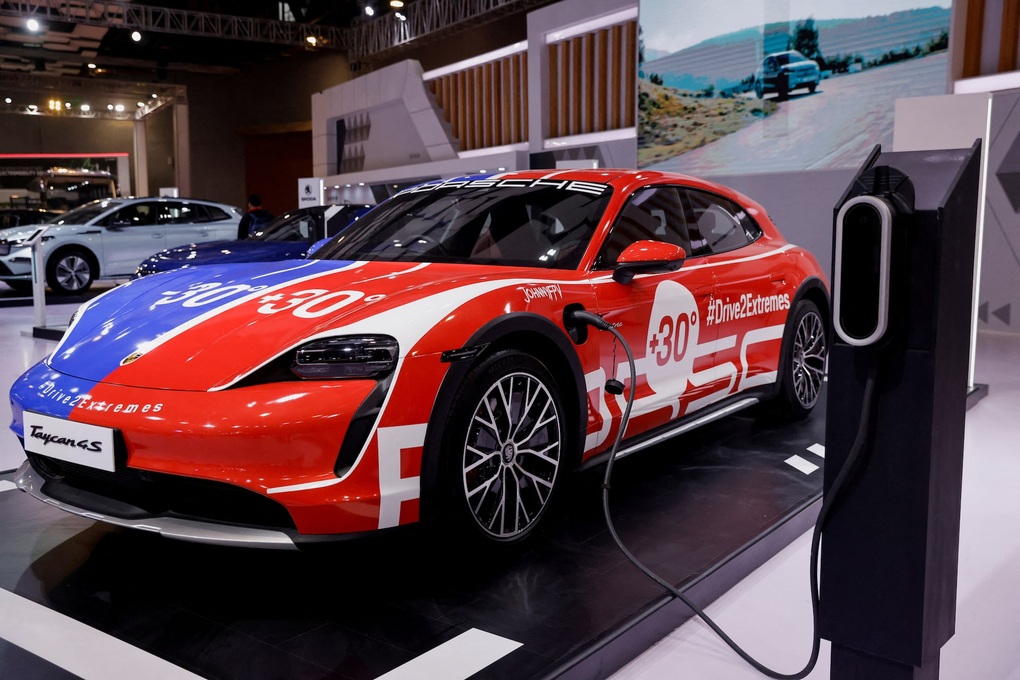
In March 2022, Porsche set an ambitious goal. The company aims for electric cars to account for over 80% of sales by 2030. However, Porsche is no longer confident that it can achieve that goal.
In an interview with Reuters, a company spokesperson said, "The transition to electric cars is taking longer than we thought 5 years ago."
In addition, the company's product strategy will also change. The roadmap for Porsche's transition to electric cars, in theory, is that by 2030, for every 5 cars sold, 4 will be electric. However, the company has now added a post-2030 plan that depends on customer demand and the development of electric cars.
The 718 Boxster and 718 Cayman models with petrol engines will be removed from Porsche's product lineup in 2025 to make way for electric cars.
The recently launched electric Macan will completely replace the first-generation model with an internal combustion engine in 2026. The new generation Cayenne has also been confirmed to have an electric version.
Porsche has plans to transform the Panamera into an electric car, positioned similar to the Taycan. An electric version of the 911 is not planned to be launched before 2030, but the electrification process has started with the 911 GTS and T-Hybrid models.

The Porsche Taycan 4s electric car displayed at the Bharat Mobility Show in New Delhi on 1/2 (Photo: Reuters).
Porsche is not the first luxury carmaker to adjust its product electrification plan. Bentley wanted to fully switch to producing electric cars by 2030, but later postponed the plan by 3 years.
Recently, Mercedes admitted to being too aggressive with its electrification targets. Initially, the company envisioned that plug-in hybrid electric vehicles (PHEVs) and battery electric vehicles (EVs) would each account for half of sales by 2025, but now the plan is pushed back to 2030. Vehicles with internal combustion engines will still exist beyond 2030.
Audi's electric car conversion process has also not been smooth. The company recently admitted that it may have to stop production of the Q8 E-Tron and Q8 Sportback E-Tron models earlier than planned due to low sales.
Mainstream car manufacturers have made similar statements. Ford Europe has pushed back the goal of electrifying its entire product lineup to 2030. Volkswagen has indefinitely postponed the launch of the ID.7 model in the US due to constant market changes.
Only a few companies have remained steadfast in the trend of electric cars. Toyota's President Akio Toyoda believes that electric cars will never account for more than 30% of market share. BMW still hopes that electric cars will represent 50% of the company's sales by 2030, but has not planned to phase out internal combustion engine cars.
Car manufacturers are facing challenges as they strive to meet increasingly stringent emissions standards for petrol cars while developing a comprehensive portfolio of electric vehicles. It is a costly process, leading to fewer coupe and convertible cars. Companies will cut unpopular car models to focus on more popular ones, mainly crossovers and SUVs.
Hãy là người đầu tiên bình luận!
Bình luận: